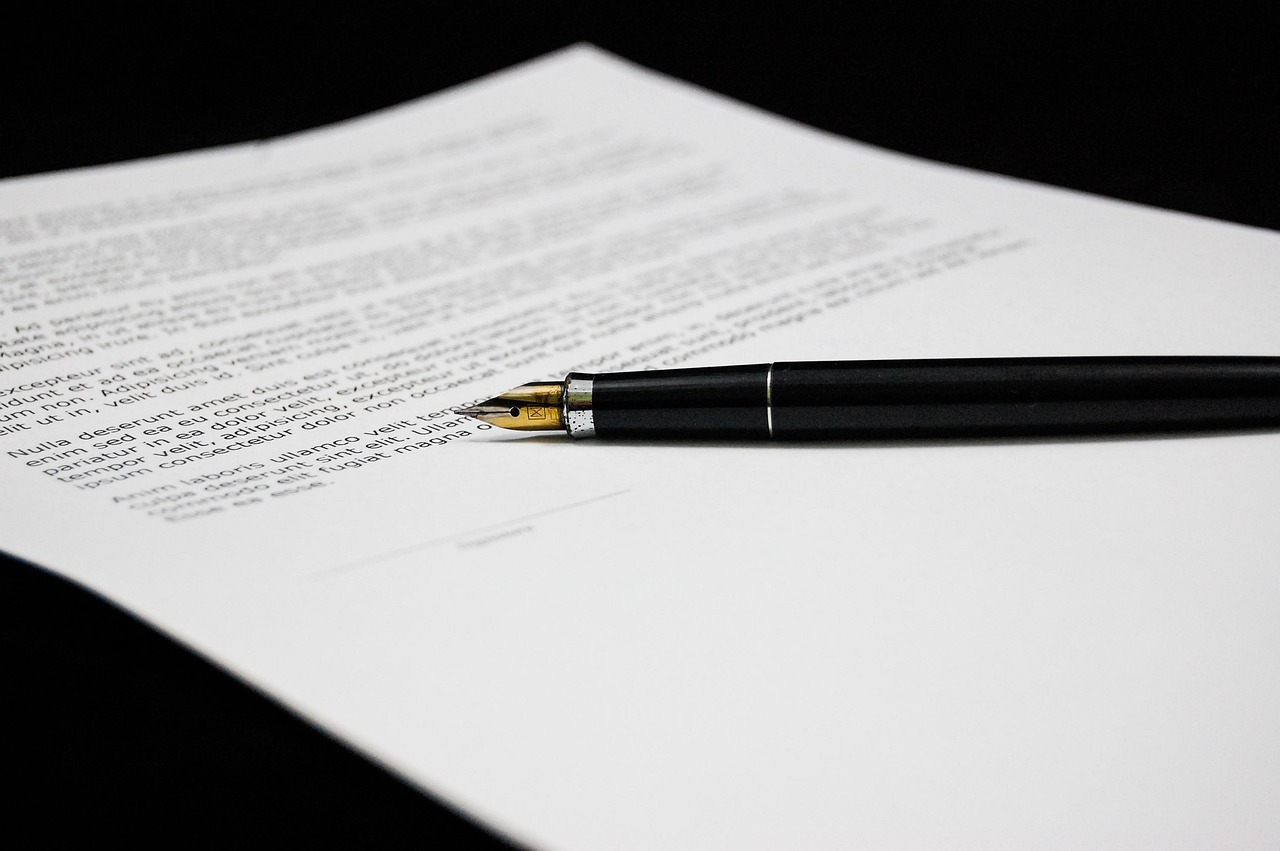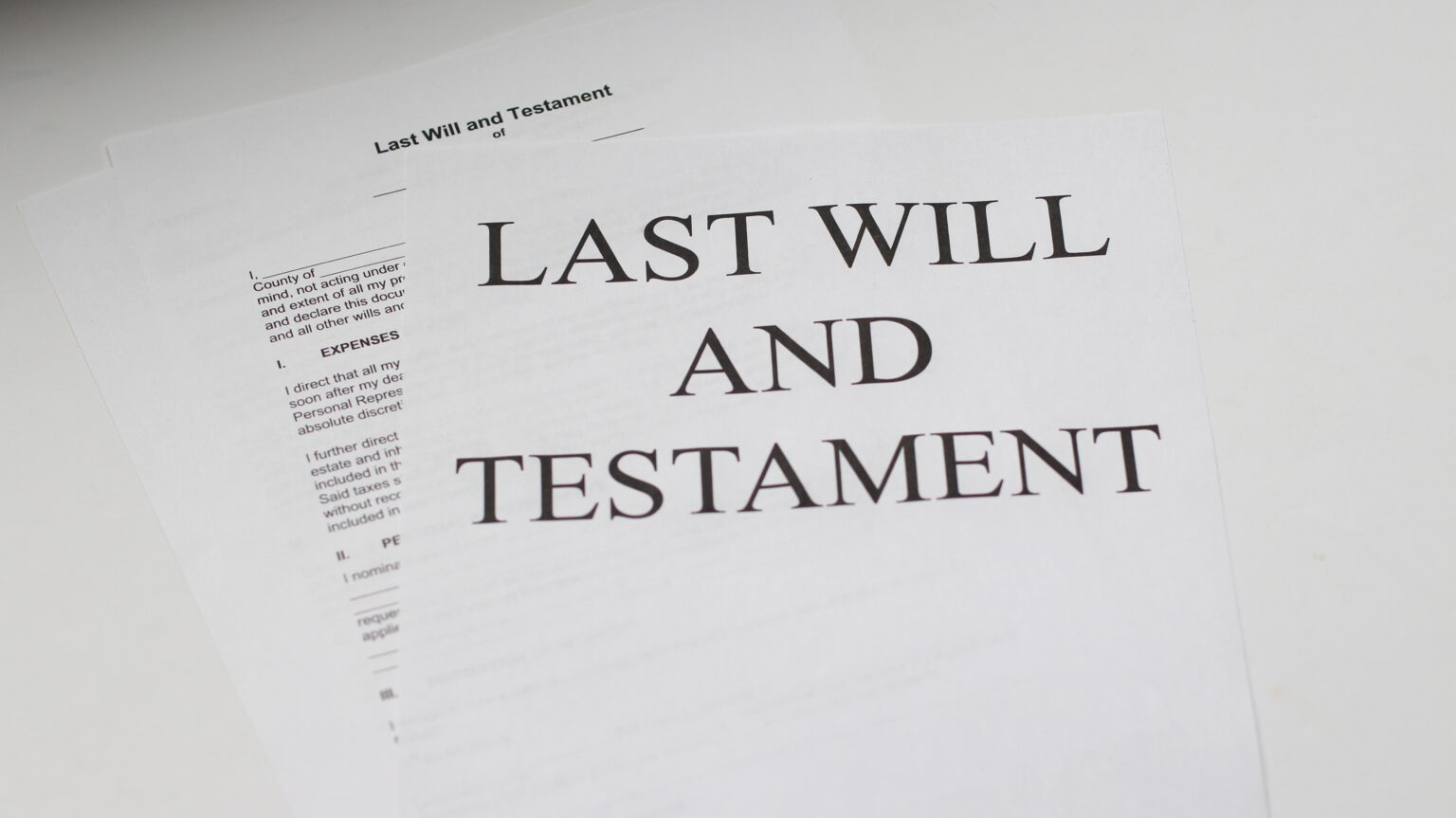The two certainties in life are death and taxes. You should familiarize yourself with how to properly prepare a will to ensure that your property will be distributed according to your wishes when you pass on. One key requirement for a will is that you must properly witness it. Wills are just one type of legal document that falls under the broader category of witnessing legal documents. Witnessing requirements differ between the Commonwealth, states, and territories. This article largely focuses on witnessing legal documents in NSW.
Other than general requirements that a witness must be over 18 and have the relevant capacity to understand the specific document they are signing, different types of legal documents have different witnessing requirements.
Wills
Most people are eligible to witness a will — including family members, friends and even strangers — so long as they meet the legal requirements.
The Succession Act 2006 (NSW) outlines the criteria a witness must meet to properly witness a will.
The witnessing requirements for a will are as follows:
- The witness must be at least 18 years of age;
- The witness cannot be the testator (the person making the will);
- There must be at least 2 or more witnesses present when the testator signs the will;
- At least 2 of those witnesses must attest and sign the will in the testator’s presence;
- Witnesses don’t have to know that the document they attested and signed was a will;
- A witness cannot be blind (i.e. they have to be able to see that the testator has signed the will); and
- The witness should not be an interested witness (i.e. not someone who benefits from a disposition under the will). An interested witness cannot benefit under a will unless:
- At least 2 other non-interested witnesses attested to the will’s execution; or
- All the people who would benefit directly if the interested witness does not get a disposition under the will, consent in writing to the beneficial distribution to the interested witness; or
- The Court is satisfied that the testator knew and approved of the disposition.
Affidavits
Unlike wills, only a limited list of authorised witnesses can witness affidavits.
Affidavits are written statements prepared by a party or witness to court proceedings as a way to present evidence.
Under the Oaths Act 1900 (NSW), only 1 witness is required for an affidavit. A person cannot witness their own affidavit. An approved witness must sign an affidavit. This witness must be one of the following
- Justice of the Peace;
- Solicitor;
- Barrister;
- Commissioner for affidavits; or
- Notary Public
Following the Oaths Regulation 2011 (NSW), an approved witness should see the person’s face unless they have a special justification for wearing a face covering. If the approved witness has not known the person making the affidavit for longer than 12 months, then they need to be provided with proof of identity.
Statutory Declarations
Both statutory declarations and affidavits affirm the truthfulness and accuracy of written statements. People use affidavits only in court proceedings.
You can use statutory declarations in various situations, including insurance claims, employment applications, and visa applications.
Only 1 witness is required for this document. You cannot witness your own statutory declaration. Also, depending on the type of statutory declaration, different witnessing requirements apply.
For NSW statutory declarations, they have the same witnessing requirements as affidavits.
For Commonwealth statutory declarations, the Statutory Declaration Regulations 2018 (Cth) specify the qualifications for approved witnesses. The witness must be on the roll of the Supreme Court of a state or territory in Australia, or the High Court of Australia, as a legal practitioner. Alternatively, the witness can belong to a limited list of occupations, including architects, medical professionals, pharmacists, chiropractors, and dentists.
General Power of Attorney
A person (the principal) may wish to give someone else (an attorney), the power to make decisions concerning their legal affairs. This includes making decisions about signing legally binding documents, paying bills, as well as managing property and investments.
Following the Powers of Attorney Act 2003 (NSW), only 1 witness is required. As long as they have not been appointed as an attorney under the Power of Attorney and are over 18, they can be a witness to the document.
Enduring Power of Attorney
Compared to a general power of attorney, there are more stringent restrictions for an enduring power of attorney. The difference between an enduring power of attorney and a general power of attorney is that an enduring power of attorney will continue to give the attorney control over the principal’s legal affairs when the principal loses the capacity to make these decisions. This appointment must be made by the principal before they lose their mental capacity.
You only need one witness, who also cannot be appointed as an attorney under the document.
In NSW, the witness must sign a certificate which says that they have explained to the Principal what the effect of the Power of Attorney is (before the document is signed). The witness must also be satisfied that the person understood the Power of Attorney’s effect and are not themselves an attorney appointed under the Power of Attorney.
Following the Powers of Attorney Act 2003 (NSW), a prescribed witness must be a witness who is either:
- A Registrar of the NSW Local Court;
- An Australian legal practitioner (a solicitor or barrister);
- A licensed conveyancer (so long as they completed an approved course under the Powers of Attorney Act (NSW);
- A qualified legal practitioner outside Australia; or
- Any other person prescribed by the regulations
Enduring Guardianship
Similarly, an enduring guardianship empowers another person to make decisions for the principal after the principal loses the ability to make decisions. Likewise, the appointment must be made before the principal has lost their mental capacity. An enduring guardianship allows an appointed enduring guardian to make decisions regarding the principal’s lifestyle and health. The eligible witness must not themselves be an appointee (the person appointed as enduring guardian) or substitute enduring guardian.
Following the Guardianship Act 1987 (NSW), an eligible witness is needed to appoint a person as someone’s enduring guardian which includes:
- An Australian legal practitioner;
- A Registrar of the Local Court;
- A qualified legal practitioner outside Australia;
- An approved NSW Trustee & Guardian employee; or
- A person prescribed by the regulations.
Electronic Witnessing in NSW
There may be important reasons why the signatory and witness cannot be physically present together. Following reforms brought in during the COVID pandemic, NSW has legal requirements in place that allow a document to be witnessed remotely under the Electronic Transactions Act 2000 (NSW). Wills, powers of attorney and enduring powers of attorney, deeds or agreements, enduring guardianships, affidavits (including annexures/exhibits) and statutory declarations can all be electronically witnessed. In fact, neither the witness nor signatory have to be physically located in NSW for the electronic witnessing of the document to be valid.
Under Section 14G, you can witness a signature via audio-visual link (e.g., Zoom, Teams).
The witness signing the document via audio visual link must:
- Observe the signatory sign the document in real time;
- Attest or otherwise confirm that the signature was witnessed by signing the document or a copy of the document;
- Be reasonably satisfied that the document the witness signs is the same document, or copy of the document that the signatory signed; and
- Endorse the document (or copy) with a statement that:
- Specifies the method used to witness the document, and
- That the document was witnessed in accordance with this section.
- An example of this statement would be “This document was signed in counterpart and witnessed over audio visual link in accordance with section 14G of the Electronic Conveyancing Act 2000.”
The witness may sign a counterpart of the document (a separate but identical original copy) as soon as practicable after observing the signatory sign the document. If the signatory scans and sends the signed document electronically (e.g., via email), the witness can countersign it as soon as practicable after observing the signing
Summary
In summary, properly witnessing legal documents is crucial for ensuring their validity and enforceability under the law. Witnessing serves as a safeguard to confirm that the signatory has signed the document voluntarily and with an understanding of its contents. It helps prevent fraud and disputes by providing a reliable record of the signing process. Each type of legal document specifies witnessing requirements that protect the interests of all parties and ensure proper execution. Adhering to these requirements is essential to avoid potential challenges or invalidation of the document in legal proceedings
This article does not provide legal advice. Instead, it aims to offer academically general information about the principles of witnessing legal documents. If you require qualified legal advice on anything mentioned in this article, contact us here.




